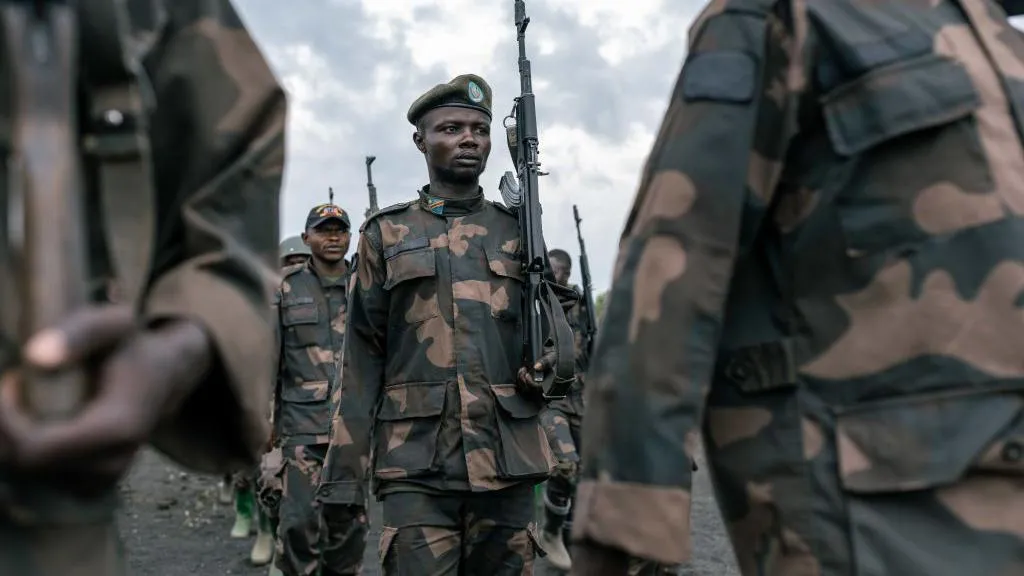The Democratic Republic of Congo army says it has quashed an attempted coup against President Felix Tshikedi in the capital Kinshasa involving Congolese and foreign fighters.
DR Congo army spokesperson Brig Gen Sylavin Ekenge said on the state-run broadcaster RTNC TV that several suspects have been detained and the “situation is now under control”.
His statement comes hours after armed men attacked the house of Vital Kamerhe, the former chief of staff and close ally to President Tshisekedi early on Sunday morning.
Witnesses say a group of about 20 assailants in army uniform attacked the residence and an exchange of gunfire followed.
Two guards and an assailant were killed in the attack on Mr Kamerhe’s house, his spokesman and the Japanese ambassador said in posts on X.
The men also occupied the Palais de la Nation, the office of the President of the Republic which is located in the city centre, a place highly secured by the Republican Guard.
Japan’s ambassador in the Congolese capital has warned nationals not to go out.
President Tshisekedi has not made any public comment on the situation so far.
Local media reports said the assailants were members of the New Zaire Movement linked to formerly-exiled politician Christian Malanga.
The BBC has seen a video of Mr Malanga saying in Lingala, the local language: “We the military are tired, we cannot march together with Vital Kamerhe and President Félix Tshisekedi.”
President Tshisekedi was re-elected for a second term in the disputed elections last year in December. He won about 78% of the vote.
Nearly 20 people were killed in election-related violence in the run-up to the vote.
Congo is a country with vast mineral wealth and a huge population, but despite this life has not improved for most people, with conflict, corruption and poor governance persisting.
Much of the country’s natural resources lie in the east where violence still rages despite Mr Tshisekedi’s attempts to deal with the situation by imposing a state of siege, ceasefire deals and bringing in regional troops.

